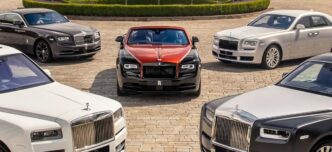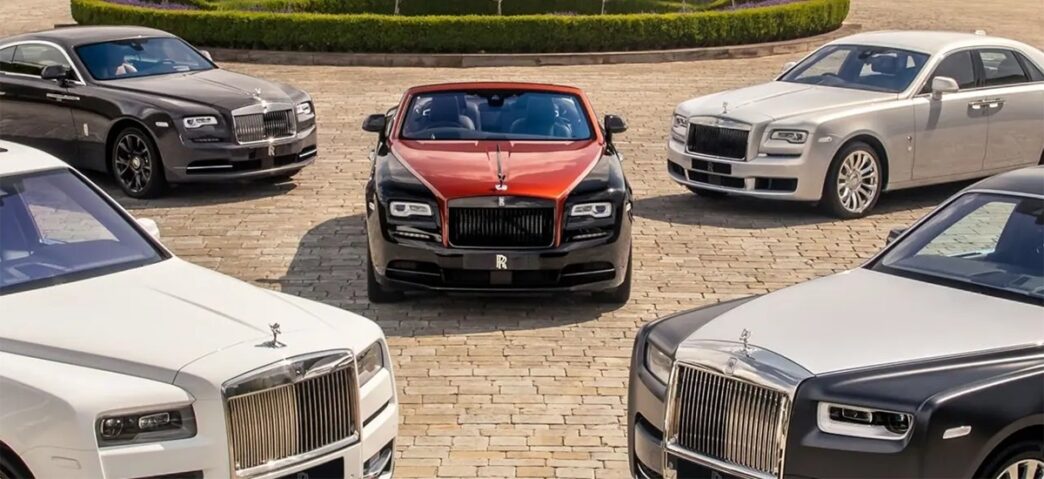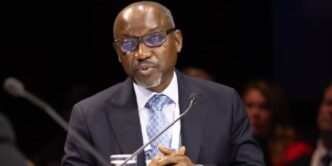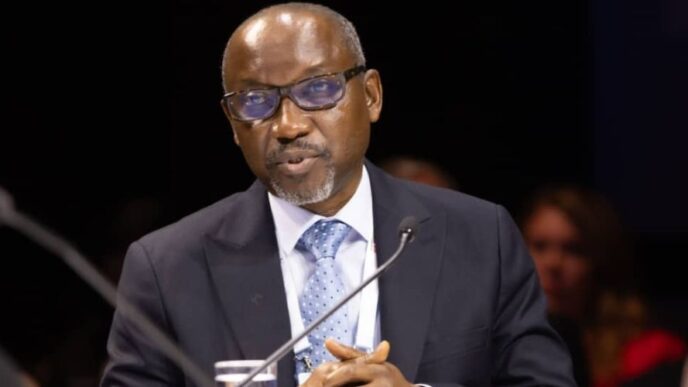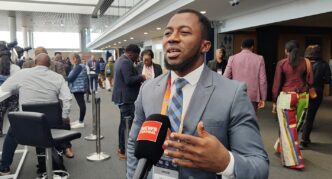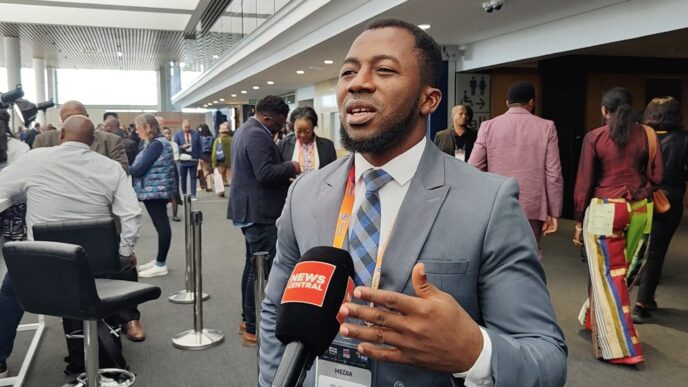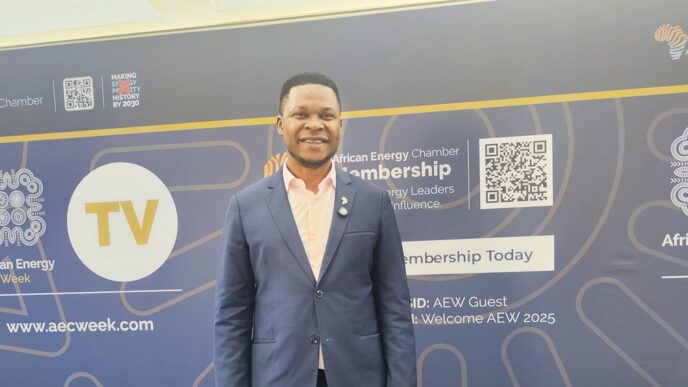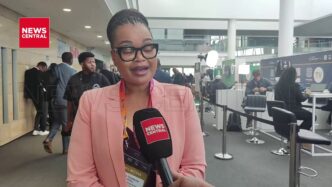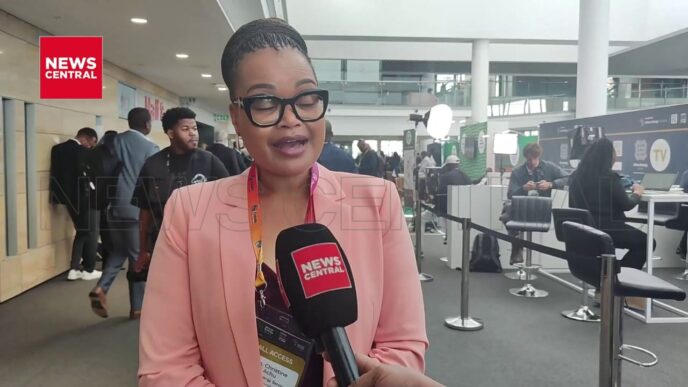Bentleys, Ferraris and Rolls-Royces…more and more of these high-end vehicles are cruising through Africa’s cities. The rise in luxury car ownership coincides with the growth of Africa’s middle class in many parts of the continent. According to the 2025 Africa Wealth Report, Africa is home to 122,500 millionaires, 348 centi-millionaires, and 25 billionaires.
Ownership of premium car imports priced above $100,000 is expected to grow over the coming years in Africa, driven by the rise in the number of millionaires and the middle class on the continent. In Nairobi’s upscale Westlands district, sleek Range Rovers, BMWs, and Mercedes-Benz SUVs are becoming as conspicuous as boda bodas navigating the city’s quotidian traffic. This surge in luxury car ownership extends beyond Kenya, with premium vehicles, including higher-end automobiles such as Bentleys, Rolls-Royces, Mercedes G-Wagons, and Ferraris, increasingly popular in African cities like Lagos, Kampala, Kinshasa, and Johannesburg, a longstanding hub for top-of-the-range cars.
Africa’s luxury car market is projected to generate $499 million in revenue in 2025 for cars costing over US$100,000, according to Statista. The figure reflects a modest but steady expansion, driven by rising incomes, urbanisation, and shifting consumer preferences across the continent. Unit sales are expected to reach 5,000 vehicles by 2029, with the average price per vehicle estimated at $102,000 in 2025. The market is forecast to grow at an annual rate of 1.02% between 2025 and 2029, reaching a total volume of $519 million by the end of the period.
Africa’s number of millionaires is expected to grow by 65% over the next decade, underscoring a structural shift in purchasing power. The expanding wealth base is concentrated in countries such as South Africa (41,100 millionaires), Egypt (14,800), Nigeria (7,200), Kenya (6,800), and Morocco (7,500)—all of which are experiencing increased demand for luxury vehicles.
Demand is concentrated in South Africa, where luxury car sales have risen consistently over the past decade. German brands dominate, but international manufacturers, including Lexus, Jaguar Land Rover, and Porsche, have expanded their presence, citing favourable conditions and a growing appetite for premium vehicles. In Nigeria, celebrities and influencers are helping drive demand. Social media platforms are awash with images of musicians, actors, and business moguls posing beside bulletproof Mercedes-Maybachs and custom-painted Rolls-Royces. The vehicles are often imported through private dealers and showcased as symbols of success and status.

Orders for high-end models more than doubled in the first quarter of 2025 compared with a year earlier, according to data from local dealers Inchcape and CFAO Motors. A stabilising shilling and easier access to credit have encouraged buyers, many of whom are professionals and business executives seeking vehicles that serve as both status symbols and practical investments in safety and durability. The Economist recently described Africa’s luxury goods market as “remarkably efficient,” despite regulatory gaps.
But there is a shady side to luxury consumerism. In an exposé on car theft and global trafficking, the publication found that nearly 40% of stolen vehicles from the UK end up in the Democratic Republic of Congo, which serves as a gateway to the broader African market. The report attributes this to weak export checks and a fragmented container booking system.
“As Africa becomes wealthier, black market demand for stolen goods will only increase,” the article states, adding that both Africa and the Gulf are experiencing a rise in middle-class consumption.
The formal market, however, is also expanding. Improvements in infrastructure, favourable import policies, and access to financing have made luxury cars more attainable. In countries such as Morocco and Mauritius, tax incentives and streamlined customs procedures have helped stimulate demand. Trends in consumer behaviour are shaping the market’s evolution. SUVs and crossovers are gaining popularity, offering a blend of comfort, off-road capability, and prestige. Hybrid and electric models are also entering the market, albeit slowly, as environmental awareness among affluent buyers grows.
The market remains small compared to global leaders. The United States is expected to generate $9 billion in luxury car revenue in 2025, nearly 18 times Africa’s projected volume. However, analysts note that Africa’s trajectory is notable given its structural constraints.
“The growth may be incremental, but it’s consistent,” said Nairobi-based automotive systems dealer Martin Ogeto. “That’s strong signal in a region where there is still some volatility.”
Local conditions vary. In Nigeria, demand is tempered by currency instability and import restrictions. In Kenya, rising fuel costs and limited charging infrastructure have slowed the uptake of electric vehicles. Yet in both countries, luxury car dealerships report increased foot traffic and higher conversion rates. Macroeconomic factors support the market’s expansion. Rising GDP, urbanisation, and growing disposable incomes are creating a larger base of potential buyers. Financing options offered by banks and leasing firms have also made luxury vehicles more accessible.
While challenges persist, including inadequate road networks, limited after-sales support, and regulatory inconsistencies, the outlook remains broadly positive. Manufacturers are investing in local partnerships, training programmes, and digital platforms to improve customer experience and brand loyalty. Meanwhile, aftermarket opportunities are also expanding. Servicing, spare parts, and bespoke insurance products are emerging as lucrative side businesses, particularly as owners seek to protect high-value assets in markets where road and security risks are elevated.
Seth Onyango, Bird Story Agency


 Trending
Trending 
